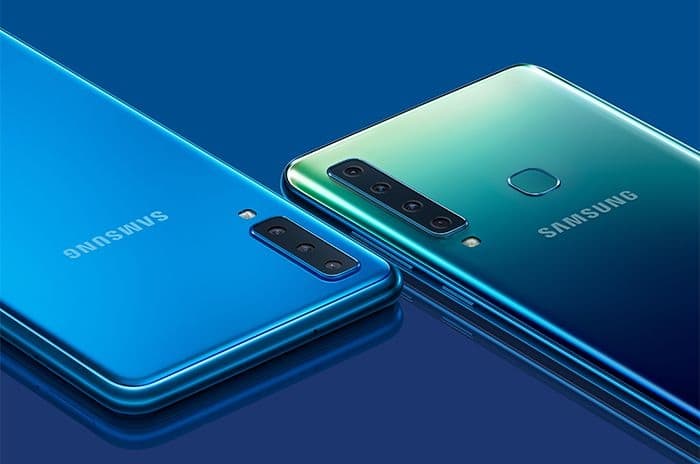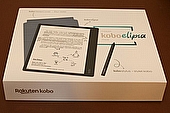Home > News > Samsung's folding smartphone will release on February 20th
Samsung's folding smartphone will release on February 20th
It's the most hotly anticipated smartphone of the year, and it's coming next week (probably).
Samsung have indicated the launch date for the world's first foldable smartphone. Due to be released on February 20th, it's expected to be named the Galaxy X, although that is yet to be confirmed by the manufacturer.
It's the most radical design change we've seen for a very long time and is set to herald a new breed of smartphone.
The launch will take place at Samsung's 'Unpacked' event, where we're also expecting to see the launch of various other products. The event will take place live on their website at 11AM, PST (7PM in the UK).
Among these are the Galaxy S10 range of smartphones, as well as the new Galaxy Watch and the Galaxy Buds headphones.
Samsung covertly teased the launch of their newest phone on a YouTube video. Text accompanying the video said, 'The future of mobile will unfold February 20th, 2019'.

What can we expect from the Samsung foldable smartphone?
So far, we don't know exactly what the folding Samsung phone will look like. They revealed some details about the phone at a Developers Conference in November, but the device was displayed in utter darkness, leaving us only to guess at its aesthetics.
It's expected to support 5G functionality, which will be useful in the US and South Korea. However, this will be of limited benefit to the UK market for some time to come.
The anticipated price at launch is projected to be around two million won in Korea. That's around £1,380. This would make it more expensive than the iPhone XR and on a par with the higher capacity models of the iPhone XS and XS Max.
Not the only folding phone
It's not only Samsung who are working on a foldable phone. Fellow tech companies Xiaomi and Huawei are also developing their own versions of the technology.
Xiaomi has confirmed it plans to bring a smartphone to market very soon, and this one will fold not once, but twice. Xiaomi say users will be able to unfold one or both of the flaps, to gradually increase the screen size or reduce it for easier one handed operation.
The proposed device unfurls like a pair of French windows to reveal the extent of the enormous screen. This is the opposite approach we're expecting from the Galaxy X, which folds like a book with a secondary 'cover display' when its folded up.
Huawei are expected to name their folding phone the Mate 5G. Early patent filings suggest it will fold a bit like the Galaxy X, going from book to tablet with a central hinge. Huawei like to be early to the party, so we're expecting more news on their offering pretty close on the heels of Samsung.
As well as these contenders, the Motorola Razr is undergoing a reboot too. Cutting edge at the time of its original launch and still incredibly iconic, the new Razr is being kept closely under wraps but it expected to have hinges all over the place and a 7" screen when fully unfolded.
Do we really need folding phones
The very first iteration of a folding phone to be shown to the world was the Royole FlexPai which was unveiled at CES last month. It gave us an insight into the latest trend in phone design, a change that will undoubtedly be present in homes all over the UK by the end of the year.
But why the sudden influx of foldable smartphones, and do we really need them?
Innovations in screen technology has enabled manufacturers to build flexibility into the AMOLED display. This was something we also saw at CES with the LG roll up TV.
Quite simply, it wasn't possible before, but it is now, and manufacturers plan to make the most of it.
Flexible folding phones are designed to solve a problem many of us will be all too familiar with. Smartphones, even phablet style devices, are inherently small. The screens are often too small to do simple tasks like online shopping or playing a game effectively.
For this reason, many of us switch between phone and PC, or phone and tablet. A folding phone is designed to do away with the need for a second or third device but giving the smartphone the size and functionality of a tablet.
It's a great idea, and if it takes off it could spell the downfall of the tablet market. However, we don't see them really replacing PCs for those who still use and love them.
Get insider tips and the latest offers in our newsletter

We are independent of all of the products and services we compare.

We order our comparison tables by price or feature and never by referral revenue.

We donate at least 5% of our profits to charity, and we have a climate positive workforce.
Latest Technology Guides

Technology
Echo Show 15: Hands-on review
Technology
Which is the best air purifier?
Technology
Kobo Elipsa reviewLatest Technology News

Technology
Right to repair rules come into force
